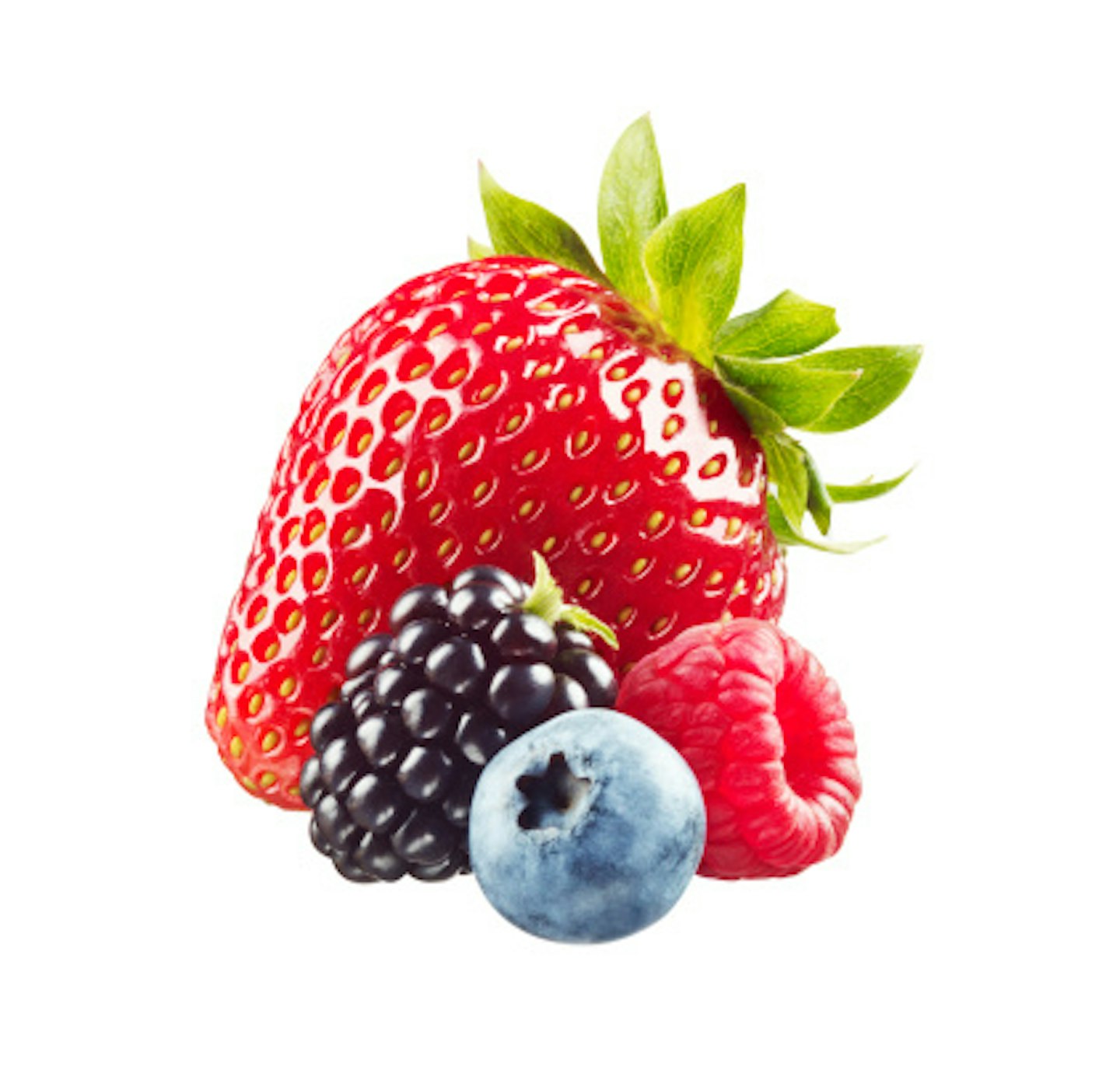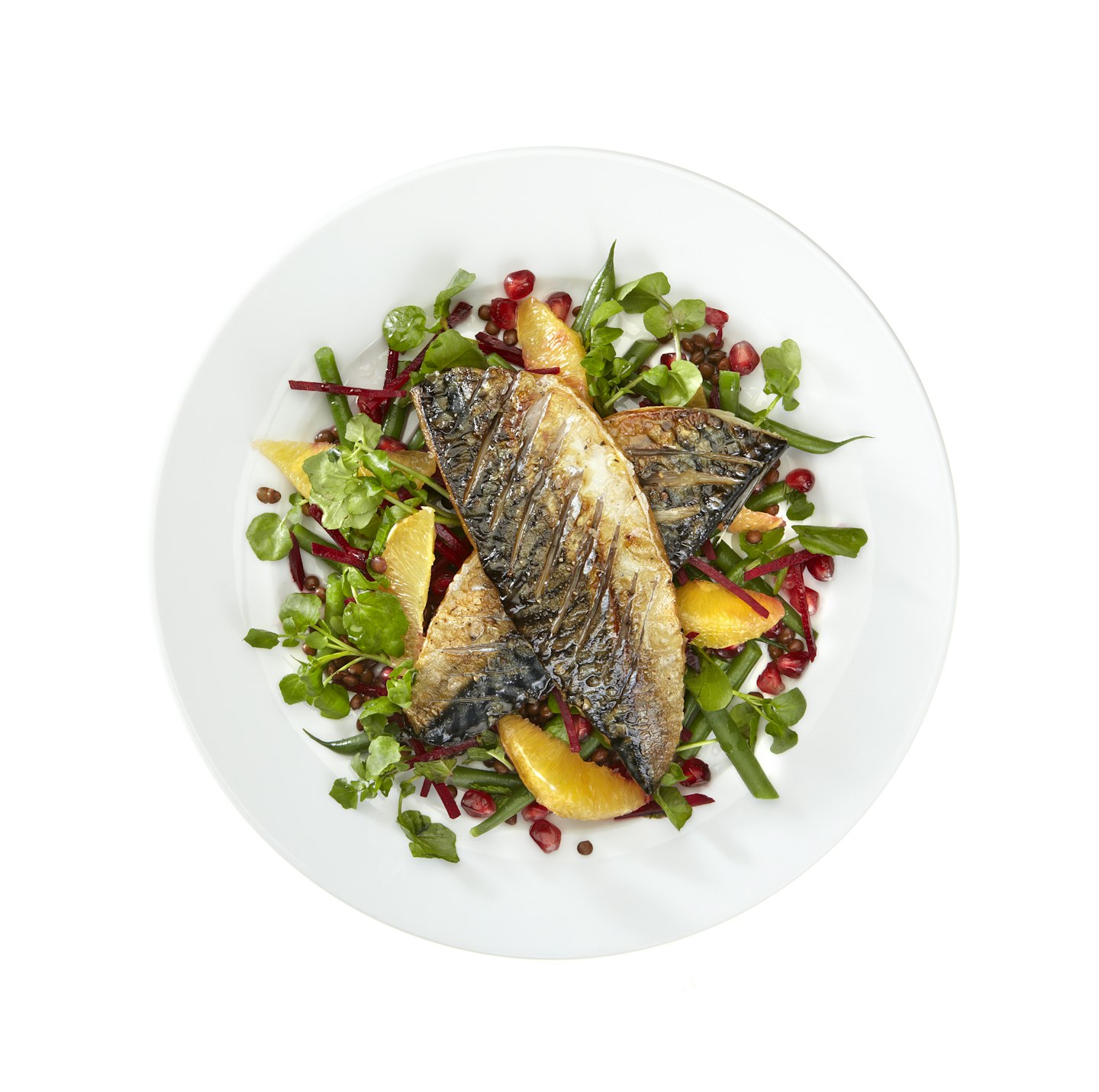When it comes to boosting your fertility, the secret might just lie on your dinner table rather than in the bedroom. Studies have shown that following a specially tailored diet can be one of the best methods to help you conceive. However, with so many trends out there, how do we know which ones actually work? And are these diets genuinely healthy for both you and your baby? We looked into The Fertility Diet: a popular American book and food plan that’s been researched and backed by Harvard professors.
What foods should you eat on The Fertility Diet?
For starters, The Fertility Diet suggests cutting down on red meat and trans fats, which are found in margarines and cooking oils. Red meats are high in ammonia, which is produced when proteins are broken down in the body. Ammonia can stop the egg from implanting into the wall of the uterus. Instead, make sure you’re getting plenty of iron from beans and lean white meats like chicken and turkey.
We all know that we should be eating at least five portions of fruit and veg a day. But did you know that eating specific fruits could help you conceive? Bananas are rich in vitamin B6, which works to regulate hormones, while berries are packed full of antioxidants that protect both the sperm and egg from free radicals.

Trying for a baby can be a stressful process, and it doesn’t help that stress itself can cause infertility. Omega 3 fatty acids from fish work to regulate cortisol and adrenaline when you’re feeling tense. As a bonus, fish is high in both protein and vitamin D, which are crucial for developing fetuses.

What foods should you avoid on The Fertility Diet?
It’s always good to cut back on both alcohol and coffee. In fact, the NHS advises that you not drink any alcohol at all when trying to conceive. But don’t forget that there are two people in your relationship; the man in your life needs to cut down too to make this work. According to The Fertility Diet, your partner should drink no more than 14 units spread evenly over a week – drinking more can lower his sperm count.
The Fertility Diet also suggests that you replace sugary soft drinks with water or milk. It claims that women who had one to two servings of whole milk (that can be yogurt or ice cream too!) per day improved their fertility.
The Fertility Diet plan for PCOS
Polycystic ovary syndrome is a hormonal condition that affects around one in 15 women and can be a cause of infertility. However, even if you suffer from PCOS, studies have shown that making small changes to your diet can help you conceive. PCOS can be caused by high levels of insulin in the body, which then leads to irregular menstrual cycles. The Fertility Diet contains some simple steps to help women with this condition control their insulin levels.
Firstly, the plan suggests filling your plate with ‘good’ carbs like oatmeal, beans and veggies. Your body digests bad carbs – like white bread pasta and sweets – too quickly and turns them into blood sugar, which leads to a spike in insulin.
PCOS can be made worse by being either over or underweight. That’s why The Fertility Diet suggests getting into ‘the fertility zone’. The Harvard study revealed that a BMI of 20-24 is ideal for conceiving. Regular exercise can help you reach a healthy BMI while also relieving stress. Choose a gentle, relaxing exercise to do every couple of days, as too much exercise can reduce your ovulation.

Is The Fertility Diet easy to follow?
This plan is simple to work into your daily routine. Rather than relying on faddy ‘super foods’, it incorporates small changes into your diet with moderate exercise, without trying to restrict your calorie intake. With a balanced diet of vitamins, proteins and fibres, you can stay healthy and prepare your body for pregnancy.
However, it’s always best to remember that these methods are not foolproof. Treat your fertility food plan like a little extra helping hand throughout the process. The main aim is to stay healthy and happy, and don’t forget to check in with a doctor if you have any questions or concerns.
